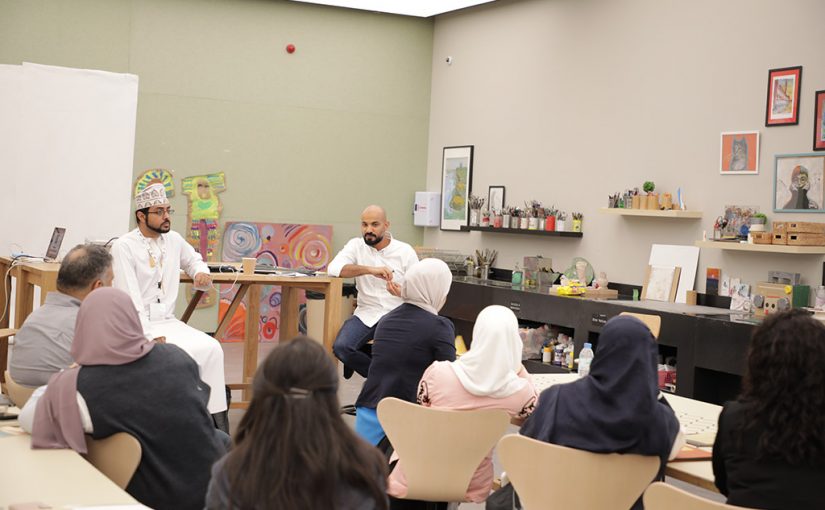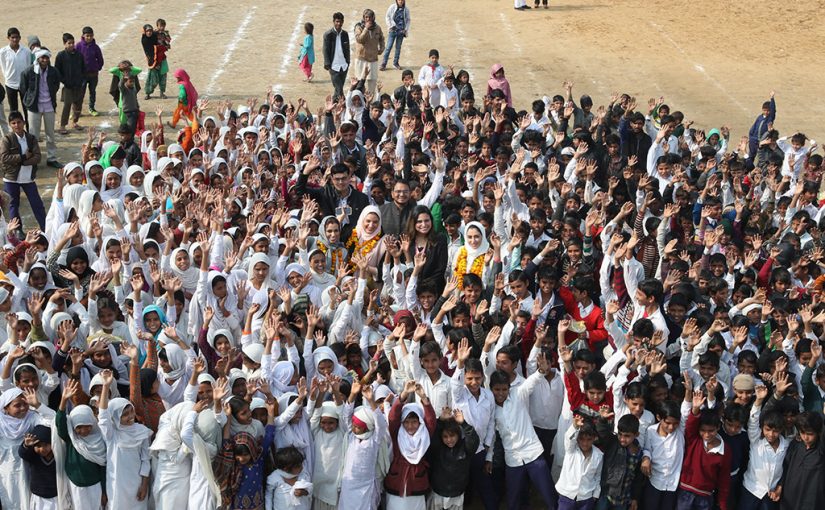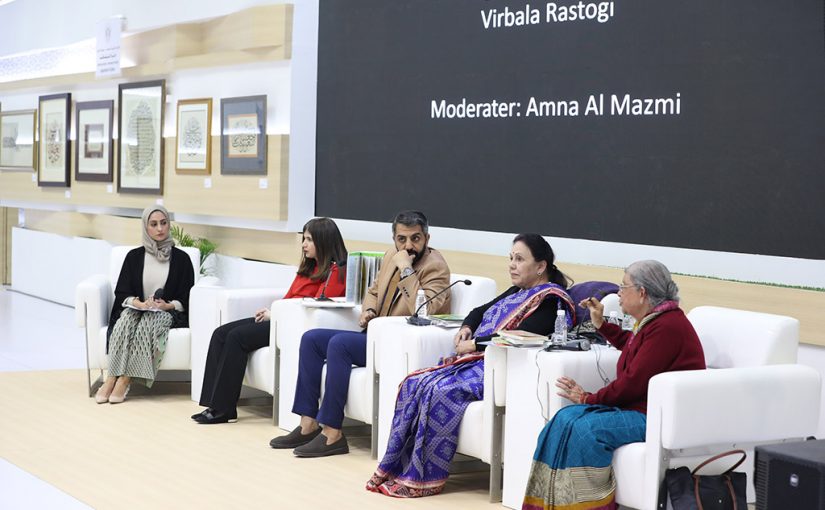
Etisalat Award for Arabic Children’s Literature Enhances the Skills of Digital Book Apps Developers
Etisalat Award for Arabic Children’s Literature (EA), the most important children’s literature prize in the Arab world, recently organised a three-day workshop on interactive media, during their participation at the Abu Dhabi Publishing Forum (ADPF) 2019, to develop the skills of children’s book app developers who participated in the Award’s 10th edition.
Organised by the UAE Board on Books for Young People (UAEBBY) and sponsored by Etisalat Group, the 10th edition of Etisalat Award attracted 13 applications representing several countries in the region, including the UAE, KSA, Egypt, Lebanon and Kuwait. However, none of these entries won the Digital Book App of the Year category, as they were unable to meet the Award’s professional requirements.
EA’s management then decided to channel the AED100,000 cash prize allocated for the 10th edition’s Digital Book App of the Year category to conduct this workshop, which aims to support children’s app developers and enhance their skills, enabling them to create interactive applications that meet the needs of children and young adults.
Marwa Al Aqroubi, President of the UAEBBY, said: “Technology has several unique characteristics, which can be harnessed to build learned individuals and elevate their knowledge. Hence, the focus on increasing the number of high-quality interactive applications for children by developing the skills and expertise of developers is a manifestation of Etisalat Award’s strategy of utilising latest technologies to promote reading habits in children in ways that are fun, interactive and engaging.”
Linking popular learning theories with futuristic innovations
The workshop discussed key children’s development and growth approaches, as well as the latest technologies utilised in designing and creating interactive applications dedicated to children’s Arabic books and children’s activities in different age groups. The workshop also addressed key children learning and acquisition theories, in addition to showcasing the interactive media application that was developed by Lamsa Company.
The workshop was conducted by Badr Ward, CEO of Lamsa, the company that developed the application which won Etisalat Award’s Digital Book App of the Year category 2017, and a jury member of Etisalat Award’s 10th edition. He briefed the participants on the steps and techniques of developing interactive media applications and programmes, in Arabic, which considers the requirements of producing quality book apps that align with children’s learning capabilities and skills.
The workshop focused on children’s learning mechanisms, the importance of self-motivation, cognitive development and constructivism theory of learning by Swiss psychologist Jean Piaget and the impact of his theory on the art of app design.
The workshop concluded with several recommendations to further the success of designing and developing children’s books apps. The factors taken into consideration are ideation, content creation, tying in the central message, illustrations and animation, music selection, and finally, app testing.
Sponsored by Etisalat group and organised by the UAEBBY, Etisalat Award for Arabic Children’s Literature was launched to support and elevate children’s book industry in the Arab world and honours special titles that address topics the appeal to children’s interests and develop youth literature. It aims to motivate authors, illustrators and publishers to become more creative and innovative in Arabic children’s books publishing field.


